Jones Act Lawyers Look at Maritime Accidents in Maine
Maine is the northernmost and easternmost state in the New England region of the United States. The Atlantic Ocean borders Maine to the east and south, and the Pine Tree State is known for its lobster, clam and groundfishing industries. Maine has 44 ports, including: Port of Eastport, Port of Portland, Port of Searsport, Bangor Harbor, Bar Harbor Harbor, Bass Harbor, Bath Harbor, Belfast Harbor, Boothbay Harbor, Port of Bucksport, Camden Harbor , Cape Porpoise Harbor, Corea Harbor, Criehaven Harbor, Cundy Harbor, Cutler Harbor, Port of Eastport, Freeport Harbor, Frenchboro Harbor, Friendship Harbor, Jonesport Harbor, Kennebunkport Harbor, Lubec Harbor, Machias Harbor, Matinicus Harbor, Milbridge Harbor, Minturn Harbor, Monhegan Harbor, New Harbor, North Haven Harbor, Northeast Harbor, Port Clyde, Port of Portland, Robinhood Harbor, Port of Rockland, Rockport Harbor, Port of Searsport, Sorrento Harbor, South Bristol Harbor, South Harpswell Harbor, Thomaston Harbor, Vinalhaven Harbor, Winter Harbor, Winterport Harbor and Wyman Harbor.
According to the Maine Lobster Council, the 2012 catch exceeded 126 million pounds and generated more than $338 million in ex-vessel or dock value. While lobsters are harvested year-round in Maine, a majority are caught between late June and late December. There are still some groundfishing boats fishing out of ports in Maine such as Portland, Rockland and Camden, although the Working Waterfront reported last month that Portland’s groundfishing fleet has shrunk to nearly a tenth of the size it was 25 years ago. According to the Kennebac Journal, the Maine groundfish fleet went from being comprised of roughly 350 boats during the 1990s to about 70 boats in 2012, and the catch has shrunk from 44.8 million pounds worth $33 million to 6.6 million pounds worth $6.2 million over the same period. Recent bycatch legislation has put the groundfishing industry at odds with the lobstering industry, with multiple groundfishing business owners telling the Bangor Daily News in a June 26 story that they were considering moving their businesses out of Maine.
Transportation and Agriculture
Maine plays a significant role in national transportation. Between boats and airplanes, Maine sees travelers and products from all over the world. The city of Portland is home to New England’s busiest port and the Portland International Jetport was recently expanded and sees traffic from top airlines like JetBlue and Southwest.
Maine is a huge contributor to the U.S. agricultural industry, outputting crops like poultry, eggs, dairy products, cattle, wild blueberries, apples and maple syrup. Commercial fishing and lobstering is also an important part of Maine’s output.
Your Maine Maritime Injury Attorneys
Latti & Anderson LLP has been representing injured lobstermen, commercial fishermen and maritime workers in Maine and throughout New England for more than a half-century. We have obtained several multi-million dollar verdicts and settlements for clients in Maine, including a $675,000 settlement for a man who sustained a cervical herniation resulting in incomplete quadriplegia while operating a boat off the coast of Popham Beach, Maine. If you sustained serious injuries or your loved one was killed in an accident on the water, contact our firm at (800) 392-6072 to schedule a free consultation or fill out the form on this page to let our Jones Act attorneys review your case.
Latti & Anderson LLP – Jones Act lawyers
